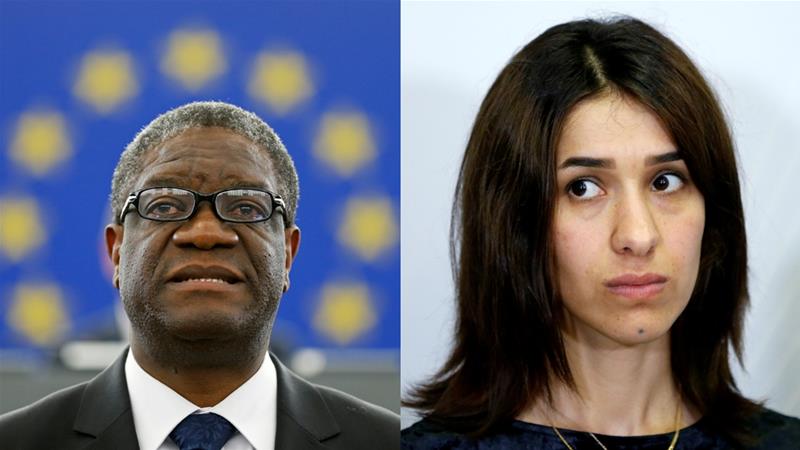Ten years ago, when I was raped, I never could have predicted a single six-character hashtag would come to symbolise – at least for the media – all the world’s survivors of sexual assault and misconduct. But #MeToo is apparently a trend, and news stories around rape are now “topical”, even though this crime has been taking place for all of human history. So a year on from the start of the so-called #MeToo era, how can we take stock of everything that has emerged since the Harvey Weinstein scandal first broke

Survivors such as me find the continuing #MeToo media coverage both validating and emotionally exhausting. But much of this public conversation is missing an important trick: in focusing so heavily on questions of criminal justice – of he said, she said – we are ignoring the long-term, cumulative impact these crimes inflict on the lives of their victims: the very individuals whose voices and stories form the heart of the #MeToo movement.
The media consistently frame sexual misconduct and violence as a story of crime and punishment: will this perpetrator be caught, or receive a suitable penalty? Is he really a perpetrator, or is the alleged victim just making it all up? My own rape, in Belfast in 2008, was heavily reported in the local media, but it all centred around the developing news that my rapist was at large, then arrested, then eventually convicted. There was little mention of me, the victim, a nameless “Chinese tourist” – the implication being that I would probably live out the rest of my life in silent shame and misery.

Even in 2018, this obsession with criminal justice continues. Republican senators in the Brett Kavanaugh hearings obsess over why Christine Blasey Ford didn’t report her alleged sexual assault to the police at the time. In the UK, recent reports that prosecutors have been urged to weed out “weak” rape cases unlikely to result in a conviction continue to intertwine the issue of sexual trauma with the public perception of crime and punishment.
Let’s step away from our obsession with criminal justice, and value these survivor stories on their own merit: as revelations from individuals whose lives have been negatively – often indelibly – impacted by sexual trauma. The full lived experience of victims appears so rarely in the media, except as testimony to prove the criminality of a man’s character. Dr Ford said Kavanaugh’s alleged assault on her affected her life for many years, so much so that it came up 30 years later in her therapy sessions. But we would never consider her trauma – or even know who she was – had it not been for Donald Trump nominating Kavanaugh to the US supreme court. For every Dr Ford, there are thousands of other teenage girls sexually assaulted at drunken parties, who grow up bearing the burden of this trauma, whose individual struggles we will never know.
Sexual assault brings with it post-traumatic stress disorder, depression, anxiety, a shattering of self-confidence. It can cause years of flashbacks and nightmares, decades of a constricted life, lived in a way to avoid panic attacks and further anxiety. Job and academic performance get impaired, career trajectories are permanently altered, finances suffer, as do our relationships with others. We lose friends and family in the wake of rape, and we may have long-term difficulties with romantic love and sex. As a result, some of us may never find partners, or have families. Or if we do, our family relationships often bear the imprint of our previous trauma and anxiety.